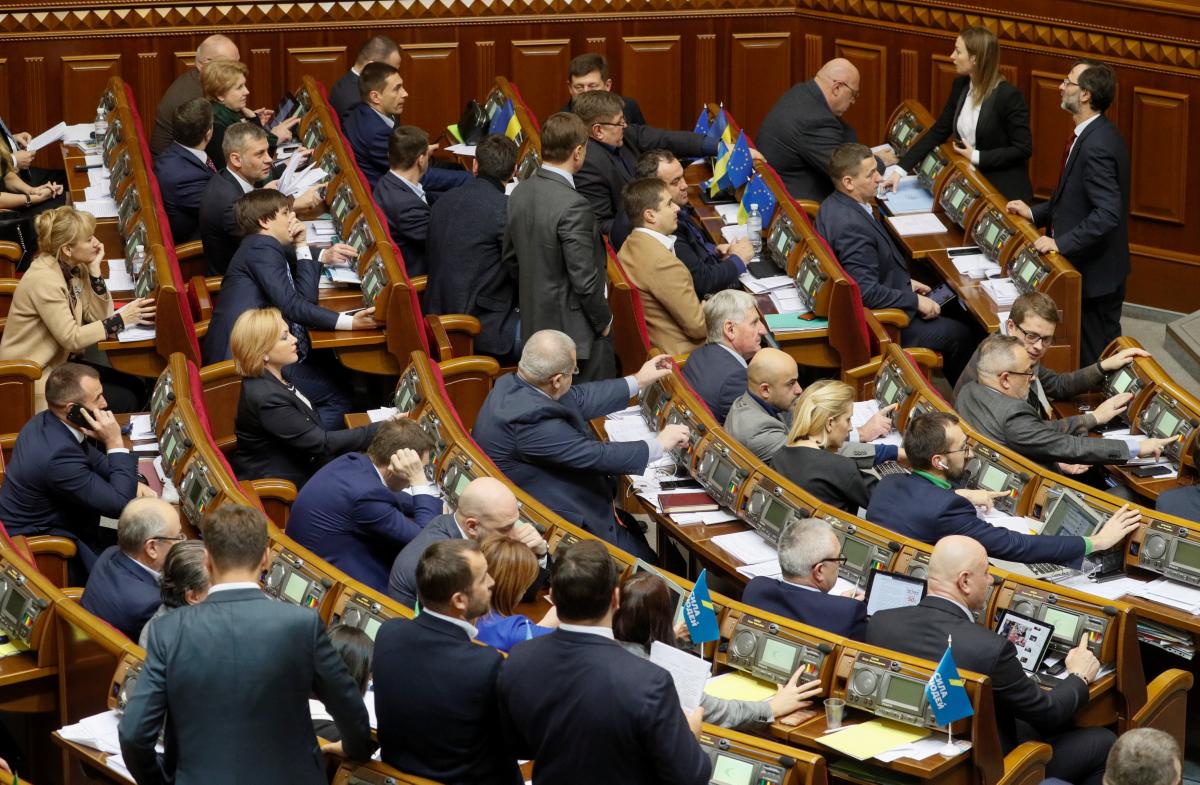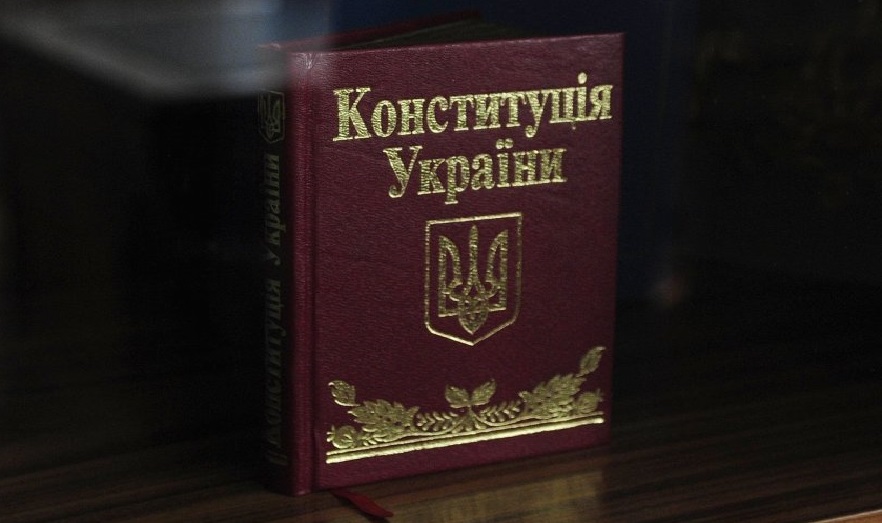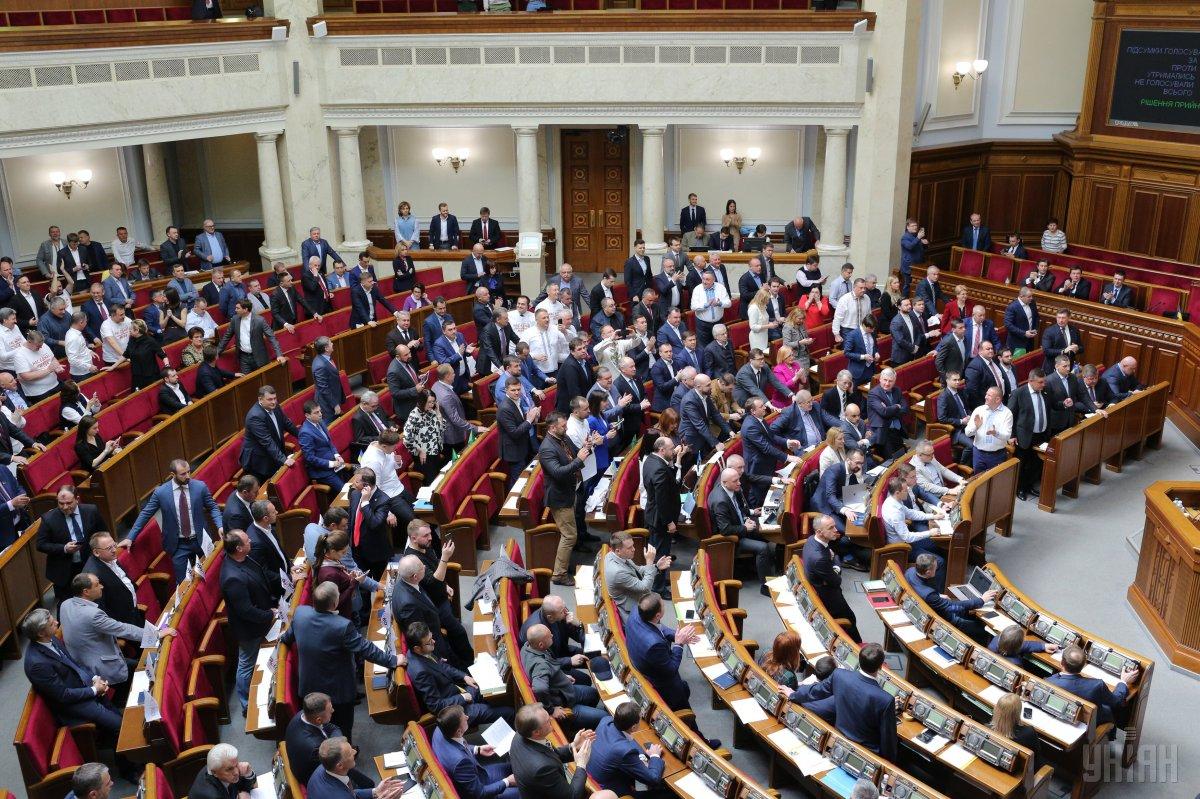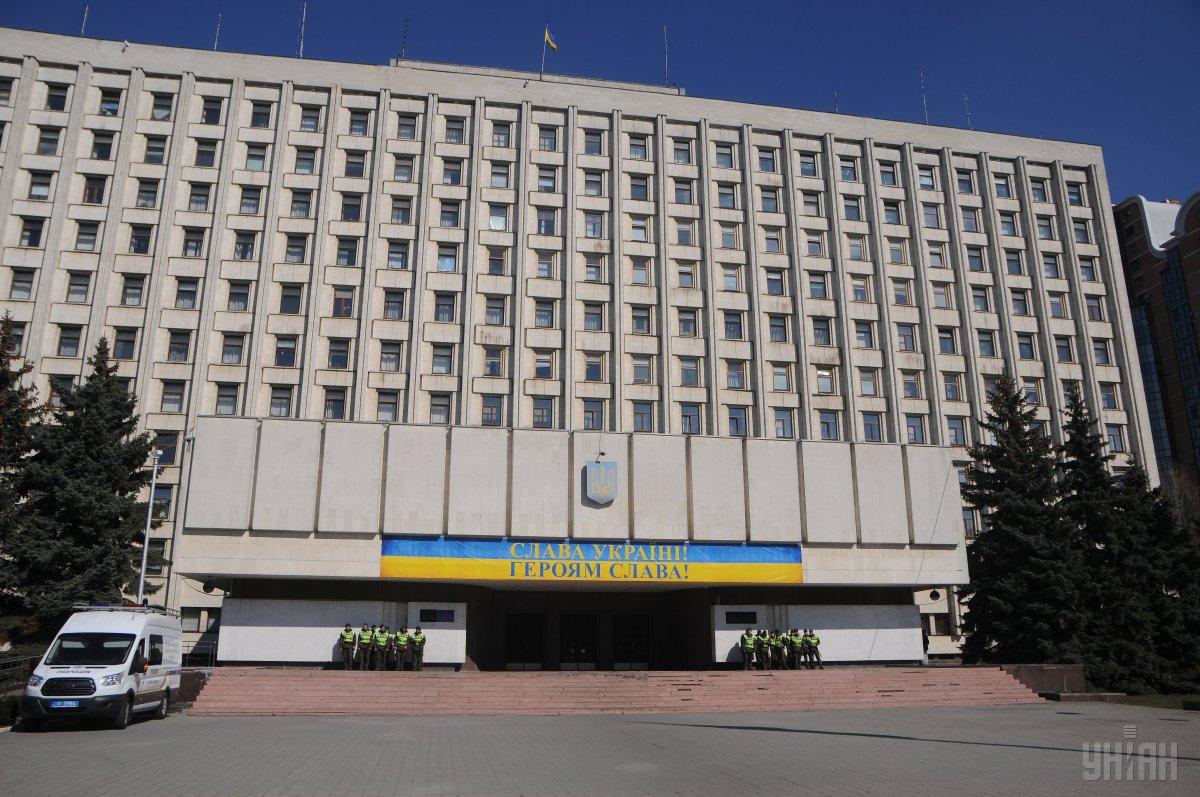
To cooperate or to dissolve: Are snap parliamentary elections possible in Ukraine
Long before the official proclamation of the results of presidential elections, the Verkhovna Rada began talking about its possible dissolution by the new head of state. Will Volodymyr Zelensky be able to sack people's deputies ahead of schedule, and is it an advantageous step for him today?
The Central Election Commission officially declared Volodymyr Zelensky the winner of the presidential election runoff in Ukraine right on the deadline day, April 30. Formally, the CEC did not violate legal procedures. However, such actions have already generated a lot of rumors. Some said the CEC was deliberately delaying the announcement of election results, enabling the Verkhovna Rada to postpone the inauguration date and, as a result, preventing him from dissolving parliament.
Rumors about a possible early termination of the deputies' powers began spreading even after the first round of presidential elections. For example, it was said that the early parliamentary elections could be held in July, that is, three months before the next parliamentary elections.
However, the speaker of the Verkhovna Rada, Andriy Parubiy, took it to dispel the fears of parliamentarians, saying that Rada would not allow the dissolution of parliament, while there are no legal grounds for snap elections.
In parallel, in the camp of the potential leader of the presidential race (who eventually became the new president), opinions about whether Zelensky should dissolve the Verkhovna Rada varied. For example, the political consultant of Ze Team, Dmytro Razumkov, said that the dissolution of parliament at the moment "is not possible." Zelensky in one of his video addresses said that the head of state should have such an opportunity: "It seems to me that this is unfair: the president, who has 73% public confidence, has the right to at least think about it and has the right to have this opportunity."
According to Article 90 of the Constitution of Ukraine, the president has three reasons for early termination of powers of the Verkhovna Rada: if within one month there is no coalition formed of deputy factions; if the plenary meetings of the Verkhovna Rada fail to begin within thirty days of the parliament’s work; and if after sixty days after the resignation of the Cabinet of Ministers it was not re-formed.

The last two points do not work in the current conditions. But the question of the coalition, more precisely, its absence for more than two years, technically, gives rise to the issue of dissolution of parliament.
By the way, MP Serhiy Mishchenko last week registered the resolution on dissolving the Verkhovna Rada on this basis. "The appointment of early parliamentary elections is not only a requirement of time, because due to the lack of a coalition, the Rada unable to perform all the functions assigned to it – it's also the possibility for today's politicians to reboot our power. This, in the first place, is people's demand, as evidenced by the results of the second round of presidential elections," he said.
According to the parliamentarian, the dissolution of the Verkhovna Rada should have been announced no later than April 27. However, Speaker of Parliament Andriy Parubiy, according to Mishchenko, refused to register the corresponding draft resolution.
The head of the Verkhovna Rada explained his actions on the air of one of the TV channels, describing the attempts to dissolve parliament on the basis of the absence of a coalition with the example of the schemes of the times of Yanukovych: "These schemes – do you know where they come from? These are shadows from the past that we have already forgotten... All of Yanukovych’s eminent lawyers who drew schemes — both financial and economic — today draw such schemes so that there is some sort of court decision that the coalition allegedly ceased to exist two years ago by a presidential decree. I want to say that these actions will have no prospects."
Volodymyr Fesenko, a political scientist and head of the board of Penta Center for Applied Political Studies, believes that even the absence of a coalition does not de facto give the newly elected president the right to dissolve parliament. And the main reason is that the norms on who, when and how exactly determines the absence of a coalition are not laid down in the Regulations of the Verkhovna Rada. "It is obvious that formally there are no 226 deputies in the coalition. That is why, although it is obvious that formally 226 deputies are not in the coalition, the parliament continues to function," he notes.
According to the political scientist, even if "Parubiy acknowledges the absence of a coalition, this does not mean that the president can immediately dissolve parliament." "Before this, the president must hold consultations with the leadership of the Verkhovna Rada and heads of factions on the expediency of dissolution. And all this needs to be done within a few days, since, according to the Constitution, six months before the end of Rada’s powers (no later than May 27), it cannot be dissolved," Fesenko said.
According to him, the newly elected president should not dissolve the parliament at this stage, as this will most likely provoke a political crisis. Fesenko recalled that such a scenario was already used in Ukrainian politics in 2007, when President Viktor Yushchenko issued a decree dissolving the Verkhovna Rada, but early parliamentary elections could be held only after reaching a compromise with representatives of parliamentary factions.

However, the political scientist is convinced that now such developments can be avoided: "Zelensky’s team is better off going for more constructive measures and negotiating with the parliament about making their personnel decisions. There are chances of accomplishing this task, since in the first months of the new president’s work, the majority of deputies often demonstrate their loyalty to the new head of state."
In turn, head of the Center for Political Studies and Analytics, Viktor Taran, is convinced that Zelensky is unlikely to rationally cooperate with the current parliament, since it is disadvantageous to him. On the contrary, the newly elected president will try to portray the Verkhovna Rada to the public as the culprit of many national ills. "Zelensky needs time to form his team, including in majoritarian districts. Therefore, most likely, he will consciously appeal to the fact that the new president has many initiatives, but the parliament is blocking them all," says Taran.
Viktor Nebozhenko, a political scientist and sociologist, director of the sociological service "Ukrainian Barometer," agrees with this opinion, according to which it is not in Zelensky's favor to dissolve the Verkhovna Rada, but nothing prevents him from spooking the deputies with this topic. "Zelensky will find it extremely difficult to make a 'nice' electoral list. Therefore, it is necessary to reach out to deputies, while at the same time intelligibly explaining that the country is waiting for an anti-corruption purge," he says.

In turn, a political scientist, director of the Third Sector analytical center, Andriy Zolotariov, believes that the conflict between the new president and the Rada has already been pre-programmed. Therefore, now Zelensky can act in several directions. "Hypothetically, in Zelensky's position, he can safely make popular, from the point of view of voters, personnel proposals and lament the fact that 'I want to do it by law, but they hinder my attempts.' However, he is unlikely to retain his safety buffer until this fall. He has not yet received authority, while actions are already being committed, directed against him. He will not be able to defeat the system by playing by the rules, and therefore, alas, it is necessary to act in conditions of political expediency," says Zolotariov.
The political analyst believes that before embarking on the idea of early parliamentary elections, Zelensky should gain favor of the power vertical, because, while the PGO and SBU leadership are part of an "enemy camp" for him, this idea looks risky. "If Zelensky fails to take control of the power vertical, by the fall he may turn into the 'Queen of England.' If the Rada rejects these personnel proposals, only then it is worth to go for dissolution," Zolotariov believes.
The main problem of this scenario is time. Although, if we take into account the statement of the head of the District Administrative Court of Kyiv, Pavlo Vovk, who explains that the Verkhovna Rada is operable not for five years, calculated in calendar days, starting from the day of people's deputies took oath, but for five years, which expire on the opening day of the first meeting of the Verkhovna Rada of the new convocation, the new president has time until June 14 for the dissolution of the Rada. Whether Volodymyr Zelensky takes advantage of this opportunity or ignores it, we will learn very soon. But whatever the decision of the newly elected president, the head of the CEC, Tetyana Slipachuk, has already stated that the Central Election Commission will be ready to organize and hold early elections to the Verkhovna Rada if such a decision is made on legal grounds.
Anastasia Zaremba

